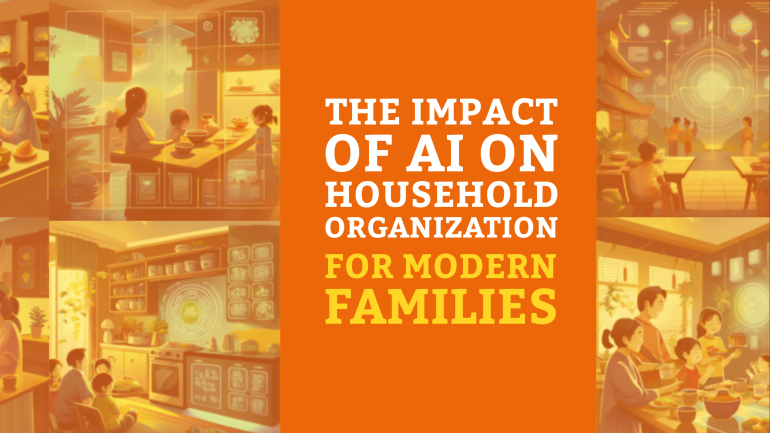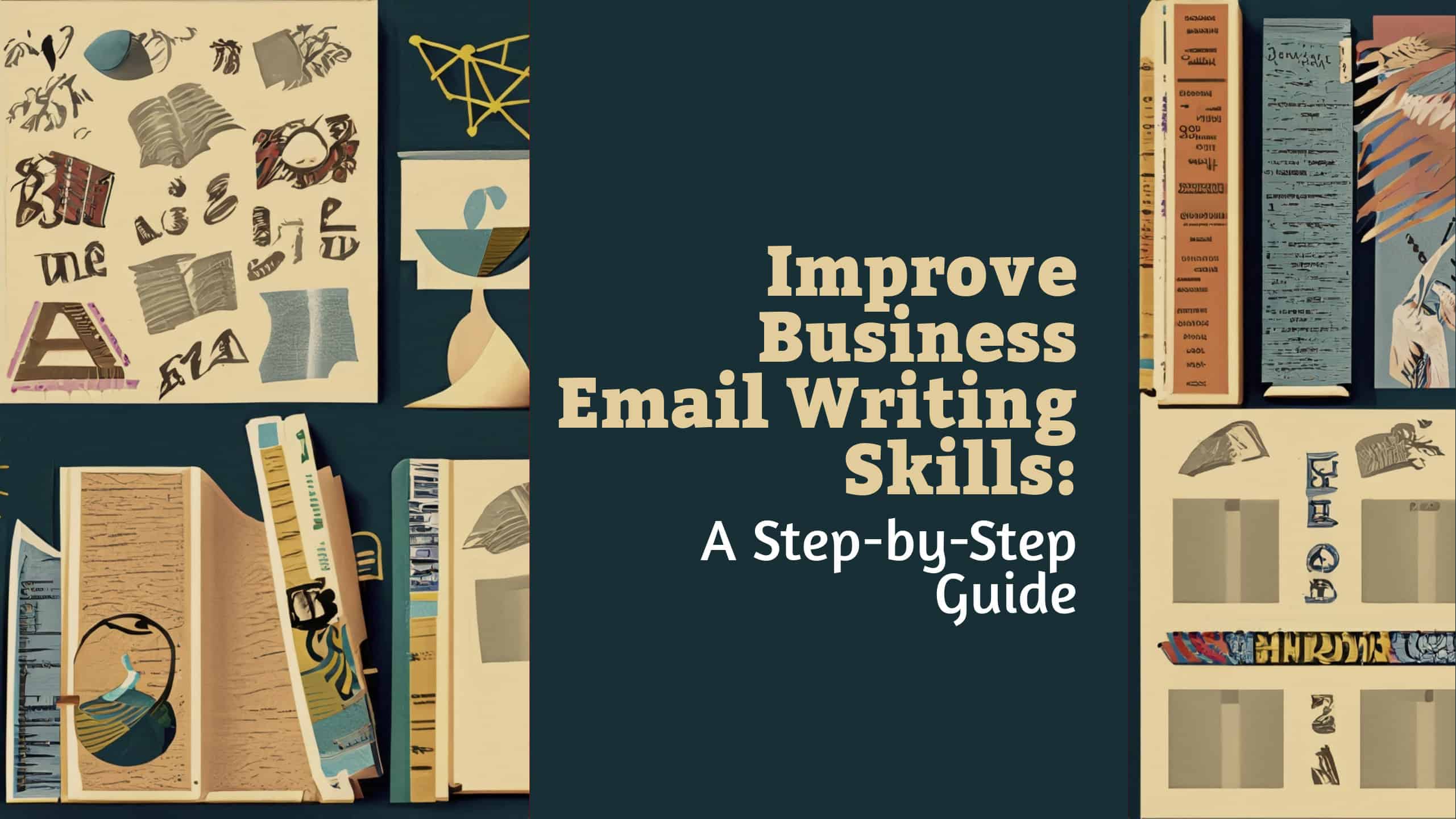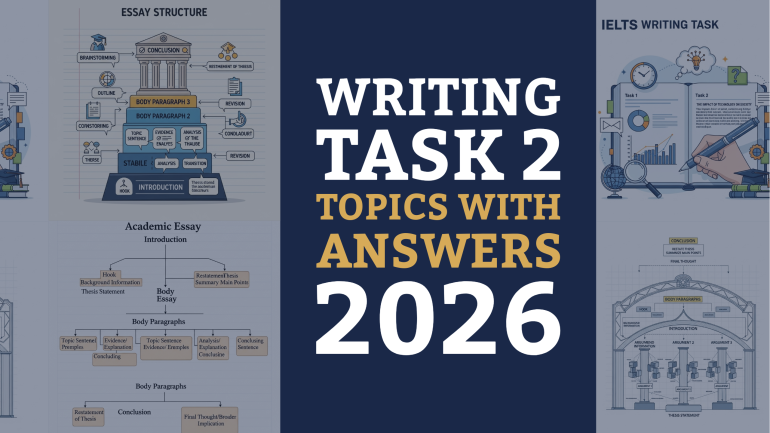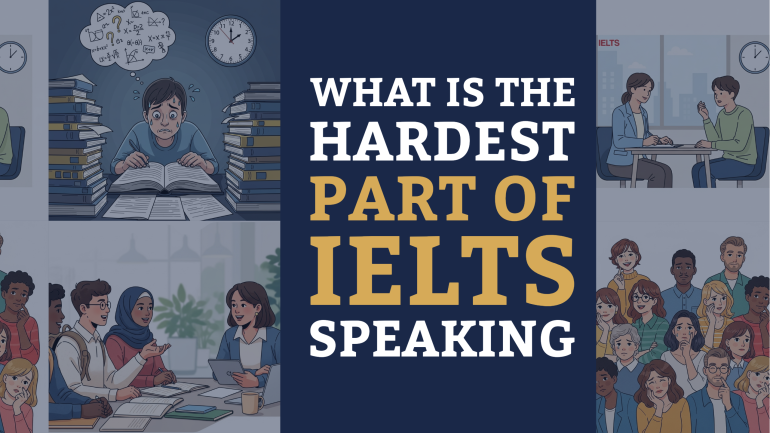Table of Contents
You may also interested:
TL;DR: Revolutionizing Family Life with AI Organization Tools
- AI Transforms Household Management: AI apps like Dinnerfry and Jam streamline meal planning and scheduling for busy families.
- Boosts Family Collaboration: Tools facilitate chore delegation and appointment reminders, enhancing family organization.
- Supports Multigenerational Households: AI helps manage complex family dynamics, making coordination easier for diverse living arrangements.
- Enhances Work-Life Balance: AI tools free up time for parents, allowing them to focus on family while managing work responsibilities.
- Promotes Quality Family Time: Apps like ParentSider encourage meaningful interactions, helping families strengthen their bonds.
Imagine a world where managing family schedules, meal planning, and chores is as easy as tapping a button. Welcome to the era of AI household organization! As technology continues to evolve, artificial intelligence is making its way into our homes, revolutionising how families manage their daily lives. This article explores how AI household organization technologies are transforming family management, particularly for working parents and multigenerational households. We will delve into the latest trends, tools, and insights that highlight the benefits of integrating AI household organization into daily family life, ultimately enhancing productivity and fostering quality time among family members.
The Emergence of AI Technologies
AI household organization driven applications like Dinnerfry, Jam, and Rejoy are at the forefront of transforming household management. These innovative tools streamline essential tasks such as meal planning, task organization, and family scheduling, making them indispensable for busy families. For instance, Dinnerfry learns family preferences over time, suggesting meals that cater to individual tastes and dietary restrictions. This not only simplifies dinner planning but also reduces the stress of deciding what to cook each night. By leveraging AI household organization capabilities, families can enjoy more nutritious meals without the hassle of extensive planning, allowing them to focus on what truly matters: spending time together.
Moreover, the convenience offered by these applications cannot be overstated. With a few taps on a smartphone, parents can easily coordinate schedules, delegate chores, and manage their family’s day-to-day activities. This integration of AI household organization into household management signifies a shift towards more efficient and organized family dynamics, particularly beneficial for those juggling multiple responsibilities. According to a report by McKinsey, families that adopt AI household organization tools for management experience a 30% increase in time saved on administrative tasks, allowing them to allocate more time to family bonding and leisure activities (McKinsey, 2022).
The Trend of Familial Organization
The trend of familial organization is gaining momentum as AI household organization simplifies everyday tasks such as chore delegation and appointment reminders. Consolidated platforms like Jam offer a user-friendly interface that combines various organizational functions, making it easier for families to manage their busy lives. With features that include to-do lists, calendars, and meal planners all in one app, families can streamline their communication and ensure that everyone is on the same page.
This holistic approach to family organization not only enhances efficiency but also fosters collaboration among family members. For example, parents can assign chores to their children, set reminders for important appointments, and plan family activities—all from a single platform. This level of organization helps reduce the chaos often associated with managing a household, allowing families to focus on building stronger connections with one another. A study conducted by the American Psychological Association found that organized families report higher levels of satisfaction and lower stress levels, highlighting the psychological benefits of effective household management (APA, 2021).
Demographic Shifts and Their Impact
Economic volatility has led to a significant increase in the number of working parents and multigenerational households, particularly among Generation X. These parents often find themselves juggling professional responsibilities alongside family obligations, creating a unique set of challenges. As a result, many families are turning to AI household organization to alleviate the administrative burden of managing complex family dynamics.
The rise of multigenerational households, where grandparents, parents, and children live under one roof, further complicates family management. With varying schedules and responsibilities, coordinating activities can become overwhelming. AI household organization technologies provide a solution by offering tools that help families navigate these complexities more effectively. By utilizing AI household organization applications, families can ensure that everyone’s needs are met, fostering a harmonious living environment. According to the Pew Research Center, 20% of U.S. households are now multigenerational, and this trend is expected to continue, emphasizing the need for effective organizational tools (Pew Research Center, 2023).
AI as a Tool for Enhanced Productivity
AI household organization technologies exemplify how emerging tech can enhance human productivity, particularly for busy parents. These tools help families manage their time more efficiently, allowing them to balance work and family life seamlessly. For instance, Rejoy merges calendars and lists, enabling families to coordinate schedules effortlessly. Parents can sync their work calendars with family events, ensuring that no important commitments are overlooked.
This level of organization not only saves time but also reduces stress. When families can easily access and manage their schedules, they are less likely to experience conflicts or missed appointments. By streamlining these processes, AI household organization empowers parents to focus on their careers while still being present for their families, ultimately leading to a more fulfilling work-life balance. A survey by Deloitte found that 65% of working parents believe that AI household organization tools significantly improve their ability to manage both work and family responsibilities (Deloitte, 2022).
Focus on Quality Family Time
In an age where busy schedules often overshadow meaningful interactions, platforms like ParentSider emphasise the importance of fostering quality connections between parents and children. By prioritising family time amidst hectic routines, these applications encourage parents to engage in activities that strengthen their relationships with their kids.
ParentSider offers features that facilitate quality interactions, such as reminders for family game nights or outings. By integrating these elements into their daily lives, families can create lasting memories and build stronger bonds. This focus on quality time is crucial for modern families, as it helps counterbalance the demands of work and other responsibilities. Research from the University of Michigan indicates that families who prioritise shared activities report higher levels of happiness and satisfaction, reinforcing the need for intentional family time (University of Michigan, 2023).
Achieving Work-Life Balance
The rise of AI household organization in household management reflects a broader societal trend towards achieving a better work-life balance. Working parents face the dual challenge of managing their careers while ensuring their families are well taken care of. AI household organization tools help streamline tasks, allowing parents to focus on both work and family life without feeling overwhelmed.
By automating mundane tasks and providing organizational support, AI household organization technologies enable parents to reclaim their time. This newfound efficiency allows them to dedicate more energy to their families, fostering a healthier work-life balance. As families continue to embrace these tools, they are likely to experience improved well-being and satisfaction in both their personal and professional lives. A report by the World Economic Forum emphasizes that organizations that support work-life balance through technology see a 20% increase in employee satisfaction and productivity (World Economic Forum, 2023).
Conclusion
AI household organization technologies are reshaping family organization, making it easier for working parents and multigenerational households to manage their daily lives. From meal planning to scheduling, these tools enhance productivity and promote quality family time. As families navigate the complexities of modern life, embracing AI household organization apps can lead to a more harmonious and fulfilling family experience.
Explore the latest AI household organization apps and discover how they can simplify your family life. Embrace the future of family management and reclaim your time for what truly matters!
How do you envision AI household organization transforming your family’s daily routines? Share your thoughts and experiences in the comments below!
FAQs
What are AI household organization tools? AI household organization tools are applications that use artificial intelligence to help families manage tasks like meal planning, scheduling, and chore delegation.
How can AI household organization improve family communication? AI tools streamline communication by consolidating schedules, reminders, and tasks into a single platform, ensuring everyone is on the same page.
Are AI household organization tools beneficial for multigenerational households? Yes, AI household organization tools help manage the complexities of multigenerational living by coordinating schedules and responsibilities among family members.
Can AI household organization help with work-life balance? Absolutely! AI household organization tools automate mundane tasks, allowing parents to reclaim time for family and reduce stress related to managing multiple responsibilities.
What features do family organization apps typically offer? Features often include meal planners, shared calendars, to-do lists, and reminders for family activities, all aimed at enhancing family organization.
References
- McKinsey & Company. (2022). The Future of Work: How AI household organization is Reshaping Family Management.
- American Psychological Association. (2021). The Psychological Benefits of Family Organization.
- Pew Research Center. (2023). Multigenerational Households in America.
- Deloitte. (2022). The Impact of AI household organization on Work-Life Balance for Parents.
- University of Michigan. (2023). Family Activities and Their Impact on Happiness.
- World Economic Forum. (2023). Work-Life Balance in the Age of AI household organization.





